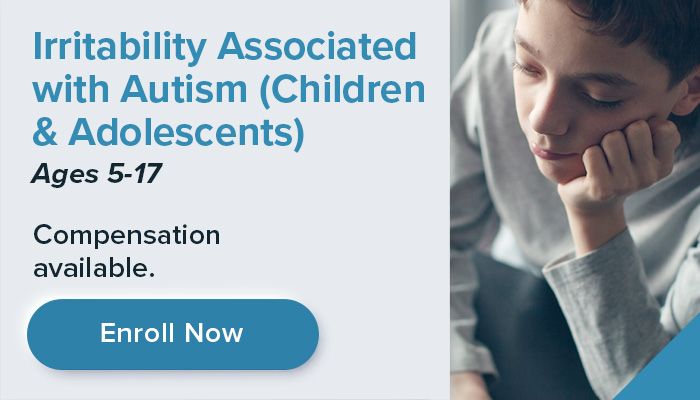Uncovering the Layers: Jes Staley, Jeffrey Epstein's Sex-Trafficking Network, and the Battle for Justice

Revelations in Court Rulings Put the Spotlight on the Role of Banks and Top Executives in Epstein's Sex-Trafficking Network

In a recent ruling by US District Court Judge Jed S. Rakoff, former Barclays boss Jes Staley has been accused of sexually abusing a woman at Jeffrey Epstein's Virgin Islands retreat. According to the ruling, Staley allegedly used aggressive force during the assault and informed the anonymous victim, referred to as "JPM Jane Doe," that he had Epstein's permission to do what he wanted to her. This marks the first direct accusation of sexual assault against Staley at the behest of Epstein. The ruling also allows specific claims against Epstein's estate to move forward, adding to the pressure on JP Morgan CEO Jamie Dimon.

The claims assert that JPMorgan and Deutsche Bank were legally liable for their alleged facilitation of Epstein's sex crimes and knowingly benefited from participating in a sex-trafficking venture. The Government of the United States Virgin Islands' claim against JP Morgan Chase Bank remains as part of the case, as stated by Judge Rakoff.

Between 2008 and 2012, Staley exchanged 1,200 emails with Epstein, even after Epstein's conviction on a single charge of soliciting a minor in a plea bargain. Some of these emails are alleged to have included pictures of young women in seductive poses. Staley also visited Epstein's Little St. James Island in the US Virgin Islands, where LinkedIn billionaire Reid Hoffman was also reportedly entertained.

Investigative journalist Conchita Sarnoff, who has written extensively about Epstein, commented on the situation, invoking President Harry Truman's famous quote, "the buck stops here." Sarnoff, executive director of Alliance to Rescue Victims of Trafficking and author of the Epstein book "Trafficking," added that this situation ups the ante for both Dimon and Staley, as human trafficking is a globally profitable business and banks are the engine that keeps these networks operational.

Victims allege that Epstein agreed to bring wealthy clients to JPMorgan in exchange for Staley, who was head of JPMorgan's private banking division from 2000 to 2009, using his influence with the bank to protect Epstein and his illegal human trafficking and sex crimes. Last month, a federal judge ordered JPMorgan Chase CEO Jamie Dimon to set aside two days for depositions regarding his knowledge of the bank's relationship with Epstein. The US's largest bank faces lawsuits seeking damages by women who claim that Epstein sexually abused them, and by the US Virgin Islands, where the late financier had a home. An Oct. 23 trial is scheduled.

JPMorgan is separately suing former private banking chief Staley, claiming he concealed all he knew about Epstein from the bank. Court papers cite several emails between Staley and Epstein discussing Disney princesses in a "pervy" manner. JPMorgan did not immediately comment on the ruling but previously stated that the bank's CEO has no relevant knowledge, referring to the plaintiffs' counsel's persistence as a "media stunt."

Staley's lawyer, Brendan Sullivan, wrote to Judge Rakoff, stating, "The allegations against him are slanderous, and the potential damages are astronomical." As this case unfolds, the spotlight on the role of banks and top executives in Epstein's sex-trafficking network grows brighter, and the quest for justice for the victims becomes increasingly urgent.

The recent allegations against Jes Staley and the ongoing legal battles involving Epstein's estate highlight the importance of legislative action to support victims of sexual abuse. One such crucial piece of legislation is the Adult Survivors Act, which seeks to create a one-year window for adult survivors of sexual assault to file civil lawsuits, irrespective of the statute of limitations. This proposed act acknowledges that the healing process for survivors can be long and challenging, and the opportunity to seek justice should not be bound by time. By advocating for the Adult Survivors Act, we empower survivors to reclaim their voices and hold powerful individuals and institutions accountable for their actions in enabling and perpetuating abuse.


